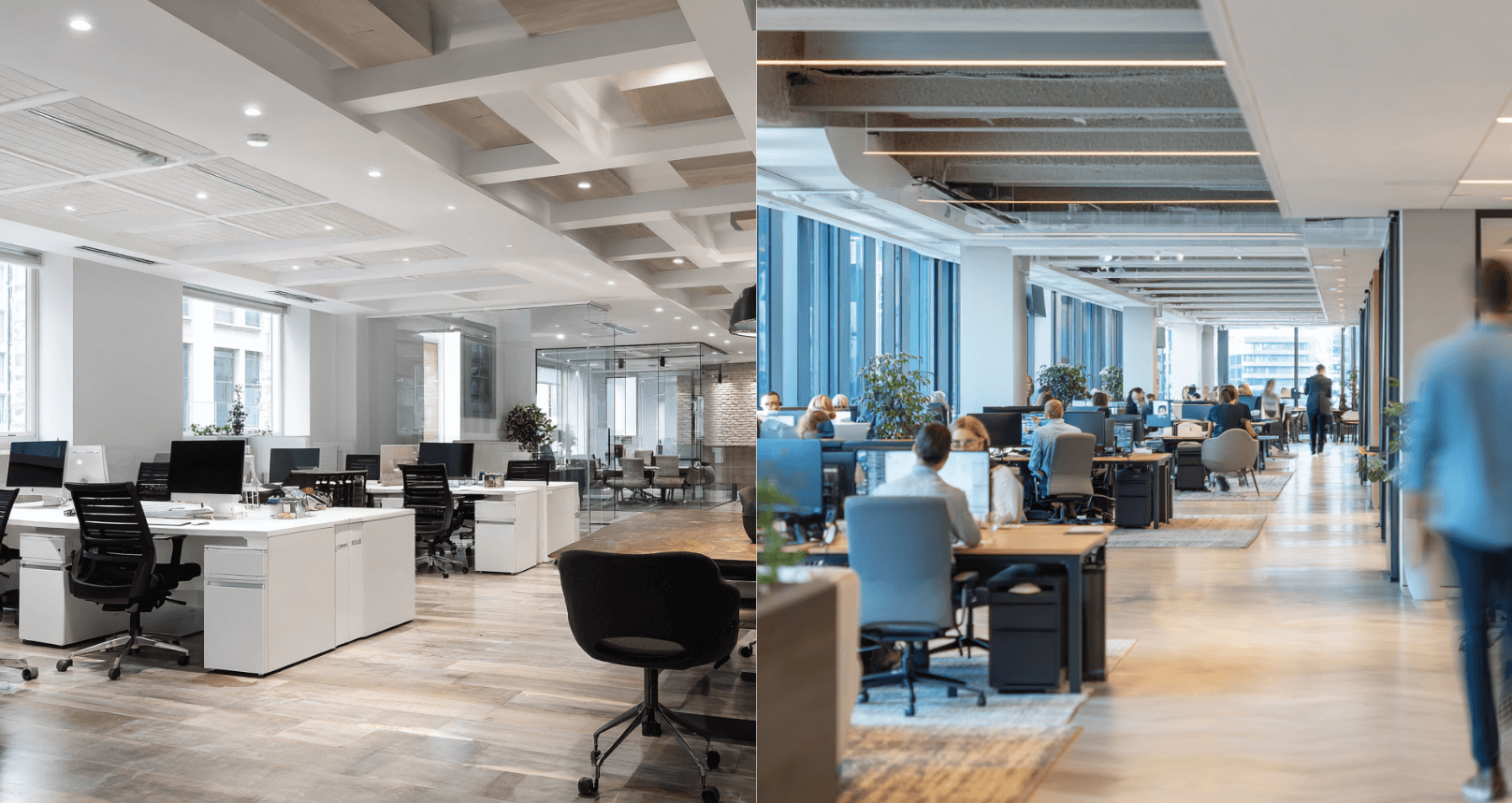Making better workplace design decisions: Nathan Manuel, PagerDuty
What do you measure to determine how your workplace is performing? And how do you use those insights to create better spaces?
.jpg)
Redefining “workplace”
There’s plenty of examples of companies requiring employees to come back to the office — at least to some degree.
Nathan sees things differently.
“I don't want to be the person telling our executive team we should be one of those companies that are requiring people to be in the office two or three days a week," he says. "I don't think that makes us competitive.”
Mandates inhibit negative feelings about what people have to do versus what they want to do. In the workplace, attendance should be inspired by how a person feels when they work and what they want to get accomplished while in the office. Standing out from the competitiveness of more job openings than there are people to fill them requires truly understanding that the workplace is so much more than a 9-5 desk routine.
To be competitive is to look to the future. And that, Nathan says, requires redefining the workplace.
“If we redefine the workplace to how we work, not where we work,” he says, “then we really provide ourselves an opportunity to think creatively and intelligently about ways to engage employees and change the employee experience.”
Making the most of unused space
Understanding how space is used, and then repurposing that space to both enhance workplace experiences and find additional uses can be done with measurement. By measuring his workplace, Nathan can identify specific days and times when areas of his workplace go un (or under) used.
By gathering this data, Nathan can then offer these spaces to PagerDuty’s nonprofit partners to use for fundraisers, meetings, or other events that benefit the community. Office space can be so much more than just the office, as space gives way to collaboration and socialization of all kinds.
Sustainability
Repurposing space not only creates better experiences but also reduces our carbon footprint. Sustainability is becoming increasingly important to today’s workforce. Forward-thinking companies understand that sustainable practices are essential to maintaining a competitive edge, as job seekers are prioritizing a company’s sustainability efforts when considering a new job.
Companies like Okta are leveraging the impact of dynamic work to meet their lofty sustainability goals. See how:
The future of the workplace is about more than what happens inside an office. From selecting new furniture to expanding or decreasing square footage, almost every workplace decision affects our planet.
Key Takeaways

DisruptCRE founder shares how corporate real estate is changing
Companies are moving employees from underutilized offices into "space as a service” options with utilization data.
Watch now
Half of offices are empty but you still can’t find a meeting room
Employees waste up to 30 minutes a day looking for a meeting room to meet in workplaces.
Read moreMost recent

Space waste: The industry’s naughty and nice list
Our sensors spilled the beans: What industry is winning, who's wasting and who's hogging your office real estate.
.png)
Improve your occupancy sensor RFP with our best practice guide
Discover essential questions to simplify your occupancy sensor RFP process and confidently choose the right vendor.

Does RTO actually work? A webinar debate with the data
Density’s RTO data sparks debate between a pro-office CEO and a remote-friendly workplace strategist.

A workplace love story: Phone booth meets sensor
Phone booths are booming—and occupancy sensors help companies manage and measure them with ease.
Explore other Density Products
Atlas for Workplace
Insights for the workplace that help you cut costs and deliver better spaces.
Learn more